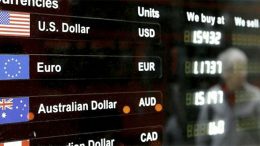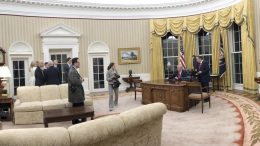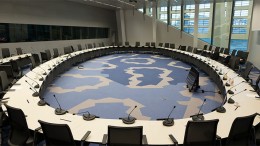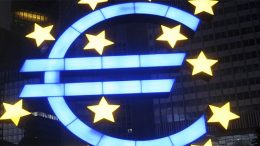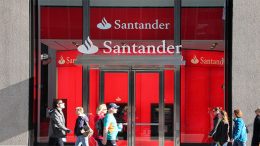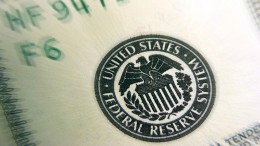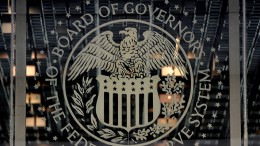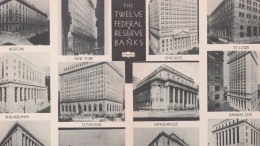“After Two Flat Years, Investments In The US Are On The Rise”
Argemino Barro | The Conference Board is a non-profitable organisation set up just over half a century ago by 12 big corporations to soften their public image during a time of social unrest. Nowadays it offers analytic tools for different sectors of the economy and has 1,200 companies from 60 countries as partners. Its chief economist, Gad Levanon, analyses here the situation of the US economy in the Trump era.


